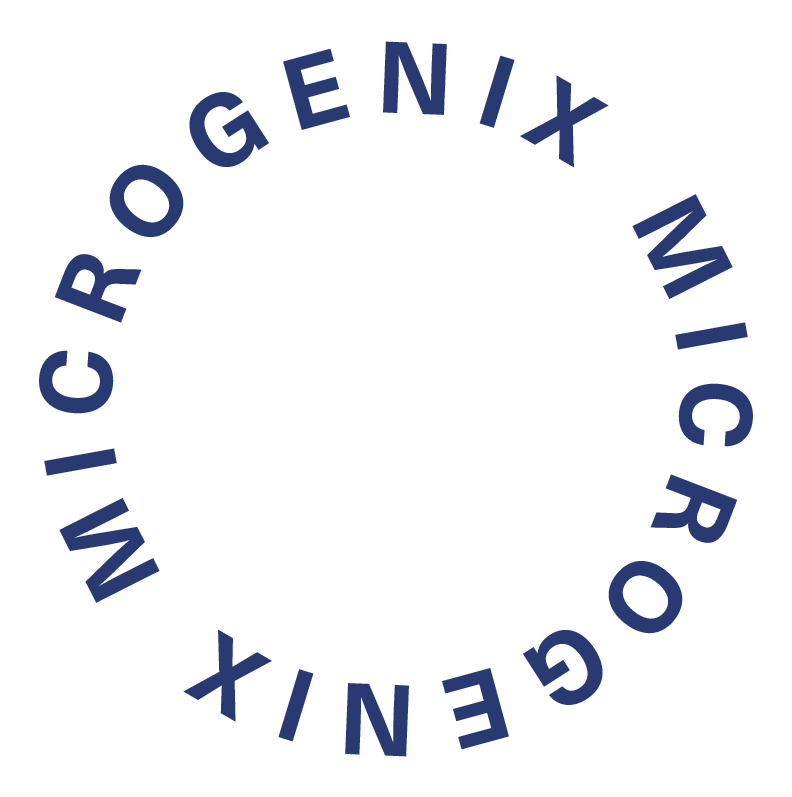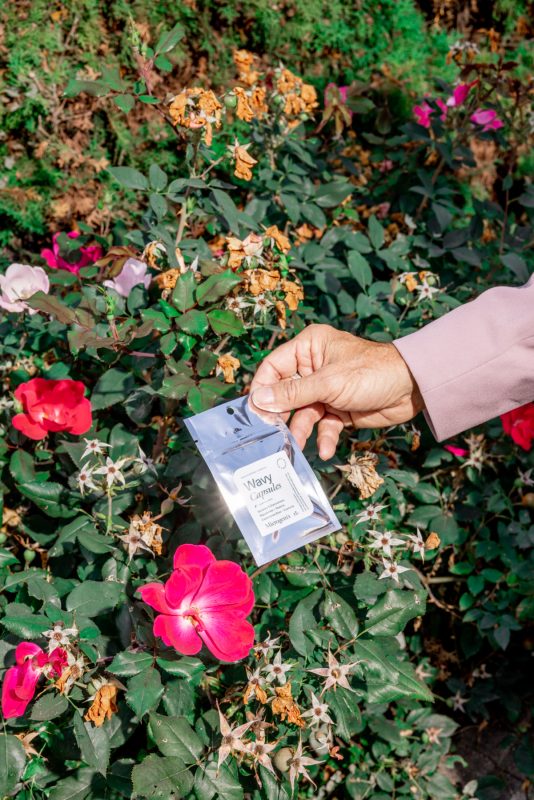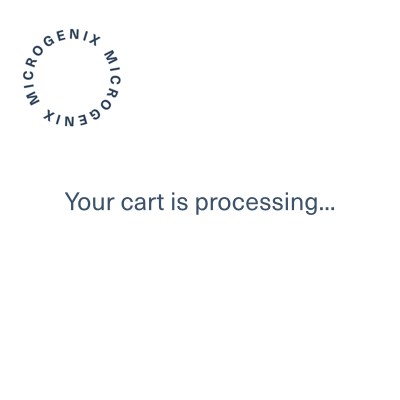Blog
Psilocybin to Treat Alcohol Abuse in Canada
Roughly 6 million Canadians were considered heavy drinkers in 2018, a number that has remained steady over consecutive years. With a notable 30% rise in binge drinking since the start of the global pandemic, statistics relating to alcoholism have raised collective concern as it begins to affect individuals of all ages while remaining entirely normalized in modern society.
The current treatment options for alcohol use disorders are sparse, whereas the existing treatment methods fall short of the standard necessary to combat alcoholism long term. In a pursuit of uncovering more effective options, experts have begun analyzing the potential of psilocybin as a treatment approach to help patients reduce their alcohol intake and potentially achieve sobriety.
Seemingly meant to work at a mindset-focused approach, the use of psilocybin in addiction treatment is unlike any other method. Common oral medications such as Naltrexone or Antabuse work by blocking out the positive feelings associated with alcohol consumption, and/or make the patient moderately to severely sick when alcohol is consumed. Although medications like these may reduce the urge to drink, they are not offered frequently due to potential adverse reactions and negative effects on health.
In contrast, psilocybin is generally utilized to help adjust the negative thought-patterns associated with substance dependency, which could help patients restructure their view on alcohol. Psilocybin is known to make the brain more malleable to change, potentially making it a useful tool for long-term substance abstinence when combined with other means of therapy. Professional guidance can ensure the best chances of long-term success when it comes to taking any medication, be it naturally derived or not, to improve wellness. The changes evoked by psilocybin may be difficult for some to navigate in larger doses, which is why using psilocybin under therapeutic supervision is suggested. Only some years ago, the idea of a clinic actively administering psilocybin to improve a patient’s quality of life would be ludicrous, whereas now, it is well on its way to becoming a reality.
SABI Mind, an Alberta based clinic has been approved for a study investigating psilocybin- therapy in the treatment of those with alcohol use disorders. This is Canada’s first and only clinical trial using psilocybin to treat alcohol addiction. Sponsored by Clairvoyant Therapeutics, the study is geared at uncovering the potential of psilocybin as a safe and productive intervention in those suffering from alcohol addiction, especially those who have not responded to traditional forms of treatment. The Albertan clinic prioritizes harm reduction and healing through various forms of psychedelic-assisted therapies, including psilocybin, as well as ketamine. As psychedelic medicine prevails more publicly, those suffering from both mental health and substance use disorders can hopefully begin to witness easier access to treatments in the future as more studies are conducted in Canada.
Many psilocybin activists are confident that the first-of-its-kind study will conclude in success, offering crucial information that is needed to educate the community about how psychedelics might be incredibly useful to those in need. Although it is a first for Canada, it wouldn’t be the first successful study relating to the topic of psilocybin and its effect on AUD.
A game-changing study published in JAMA Psychiatry in 2018 found that participants showed an 83% reduction in heavy drinking, as a result of psilocybin-assisted therapy. The study also found that the effects of psilocybin-assisted therapy persisted for a minimum of 9 months upon initial treatment – a staggering result when considering alcohol use disorders are notoriously challenging to treat long-term. Researchers at NYU noted that 8 months after the first psilocybin dose, nearly half of the 93 participants who received psilocybin-treatment chose to quit drinking altogether. Participants of the NYU-led study who underwent supervised entheogenic experiences described that their attitude towards alcohol repositioned significantly, with positive changes in both quality of life and overall well being.
The study of psilocybin being beneficial to those with addiction is closely related to those who struggle with other mental health disorders. Similar approaches have been used in the treatment of mental health disorders such as depression and anxiety, where under therapeutic contexts psilocybin has been administered in order to decrease negative symptoms in participants.
Understanding the habit-breaking mechanisms behind psilocybin is yet to be fully understood by professionals, though it is figured that the mitigation of unyielding thought-patterns is where these positive changes begin to occur. Maladaptive behavior is heavily associated with substance abuse, meaning one is unable to provide a proper solution for a given situation. In relation to alcohol, an example of maladaptive behavior would be using alcohol to provide comfort in an uncomfortable situation whether that be boredom, emotional distress, anxiety, or an unfamiliar social setting. Escaping the discomfort of a situation through substances, opposed to confronting it head-on, is part of what makes alcohol so addictive. Evidently this can quickly become problematic as issues are blanketed instead of resolved. Psilocybin-assisted therapy seems to correlate with the addressment of maladaptive behaviors, by offering new insight into the underlying causes of substance use disorders.
Psilocybin’s effect on serotonin receptors may account for a range of psychological processes, as well as promote neuroplasticity which allows our brain to change and adapt. As the unique pharmacological effects of psilocybin gain public acknowledgement, we can only hope that large-scale studies investigating the benefits of psychedelic-assisted therapy will continue to propel forward, becoming more accessible to those in need of it.
Looking forward to the future,
Olive
Sources:
https://www150.statcan.gc.ca/n1/pub/82-625-x/2019001/article/00007-eng.htm
https://jamanetwork.com/journals/jamapsychiatry/fullarticle/2795625




